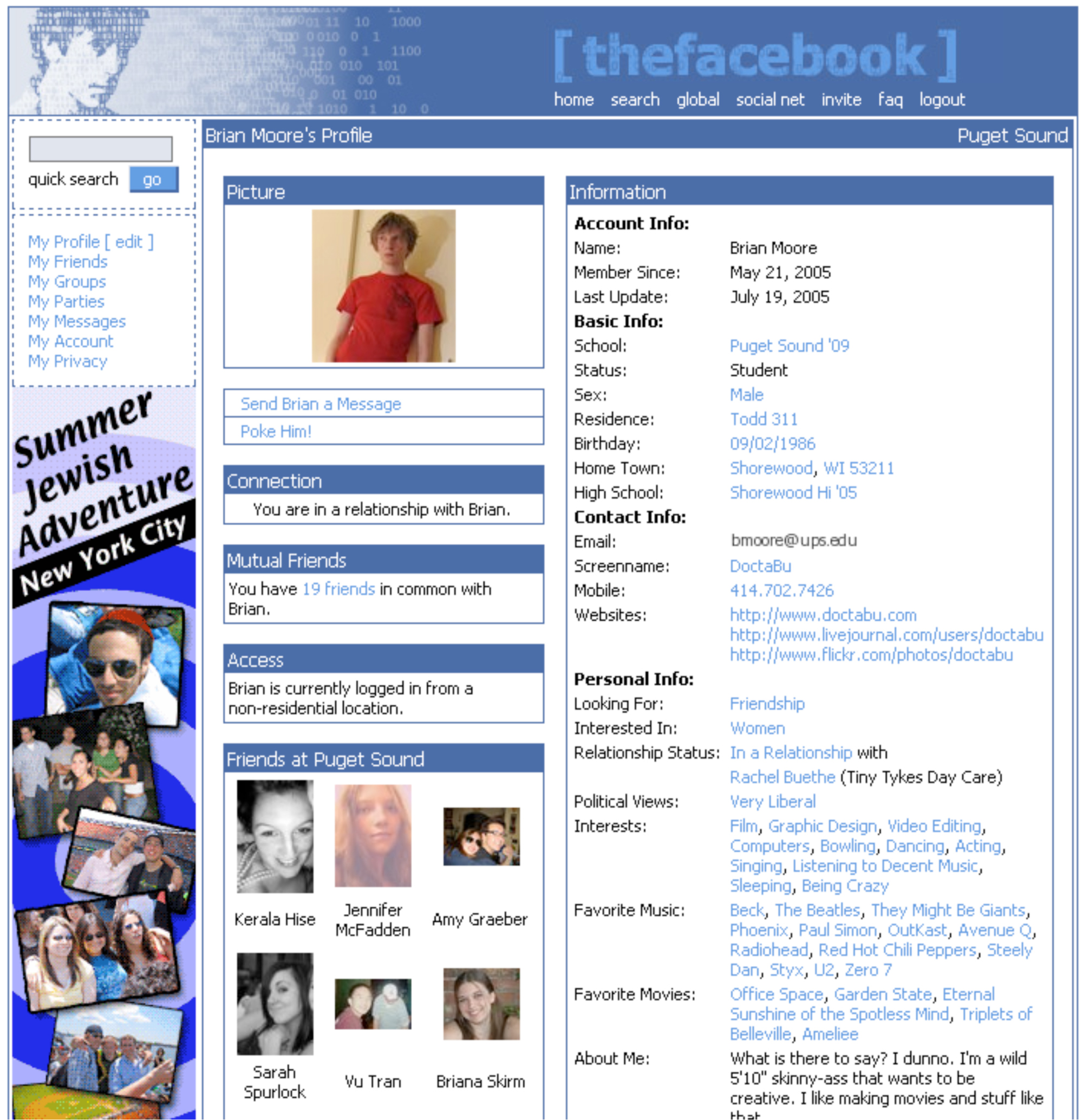What if you can't afford to Fail Fast?
Fail Fast is the principle that if you want to succeed at something, you'd better fail as early and often as possible so you can iterate on your ideas quickly. It's a slogan imparted to budding entrepreneurs as the only way to succeed. There are plenty of sharp-looking entrepreneurship books bound to rot on a corporate welcome desk that expound this singular principle. And it's mostly useless. It's fair-weather advice a few steps above "pull yourself up by your bootstraps" and a notch below "just be yourself."

"Are you being YOURSELF?"
Give credit where credit yada yada
In the right context, failing fast is good advice. The concept has origins in system design, and if you're writing code at Google it's the right way to build. I have a job selling software, and in that world it makes sense too; you don't want to waste time on a prospect who's not going to buy.
What these situations have in common, aside from the obvious fact that they're both tech-related: the highly acclaimed luxuries of time and money.
If my sales team has a bad quarter, oh well, onto the next. If your code is bad at Google, you'll get the help you need and an attaboy for keeping your head up. The story isn't quite the same during heart surgery, and it certainly isn't the same if you're like most people in this country: not rich.

"You're poor!"
Now most people who work at rich companies aren't rich themselves (don't we know it). But the point is if you are employed by one of these companies, your Fast Failure is backstopped by your employer's effectively bottomless pile of money.*
*of course, no elaboration on why the funds are bottomless in the first place. That's another Frustrating Product™ of our system that already has a library of articles devoted to it that are better than I could ever write.
So if most people work at big companies, then why write this blog post? It's because the most common targets of this advice are budding entrepreneurs, and through a one-two punch of falling wages meaning people have less money to start a business, and pitiful welfare and health insurance systems in this country, many people who want to start a business can't afford to fail.
If my company was looking for our first customer knowing we only had two months of funding left, I wouldn't be disqualifying prospects as quickly as possible. I'd be dragging every deal as far as it would go, offering solutions we didn't yet have at the promise of a paying contract that keeps us afloat until we land the next one. Everyone knows this, but no one seems to acknowledge the fact that you can only fail fast if you can afford to fail.

"90% increase in sales in the first three months? And you want it to feed your fish? You got it"
This is what I mean by calling Fail Fast fair-weather advice: the same people who were always set up to succeed will succeed regardless, and the same people who aren't given the privilege will continue to have the odds stacked against them. Mountains of entrepreneurship books do nothing to alleviate that systemic issue. In fact, the systemic issues are probably why those books have a market - if there was a realistic path to success, no one would need help from strangers they shouldn't trust.
Who succeeds?
You ever go back and look at the original Facebook? Here's a screenshot:

Summer Jewish Adventure NYC, also known as "taking the M train to South Williamsburg"
My first thought is that this looks exactly like Myspace, and my second thought is who is bankrolling this piece of shit? We know the answer to that; advertisers are Facebook's customers, and advertisers have a lot of money. This ugly 2005 platform could have gone the same way as Myspace, Xanga, Ello, Friendster, Google+*, you name it.
*lol
The fact that Facebook is the only social network on that list that's still prevalent isn't a testament to Mark Zuckerberg's unique genius; rather it starkly exposes that when stakeholders have enough money, they can pour it into every company out there until one of them catches hold and grows large enough to consume the others.
Such funding isn't available to your average person trying to start a small business. If your dream is to quit the corporate world and sell pottery, good luck to you but there aren't many resources out there. The fact is that if you start out rich, you have countless options to try crazy ideas and fail fast at them. The problem is that the system is set up to keep people from getting wealthy in the first place.
So what can you do if you can't afford to fail fast? The entrepreneurship gurus don't have an answer. Spend less money? (terrible article alert) It's basically the same non-advice they have for poor people - hoist up those bootstraps - because they can't imagine another person having less than they've ever had. You're not who they want to succeed.
Lot of complaining...
What's my solution? To provide the backstop that the entrepreneurship authors assume everyone already has. Nationalized healthcare would let people quit their jobs to make riskier moves. Strong unions bolstered by card check would lead to higher wages, giving people more time for their own pursuits because they wouldn't need multiple jobs.
But I bet the gurus spouting Fail Fast know that the majority of regular people can't afford to take their advice. I bet they know that a stronger welfare state and labor force in this country would help people a lot more than their $25 books do, and actually give regular people the power to afford to fail in business. I bet they just don't want the competition.

Comments
Post a Comment